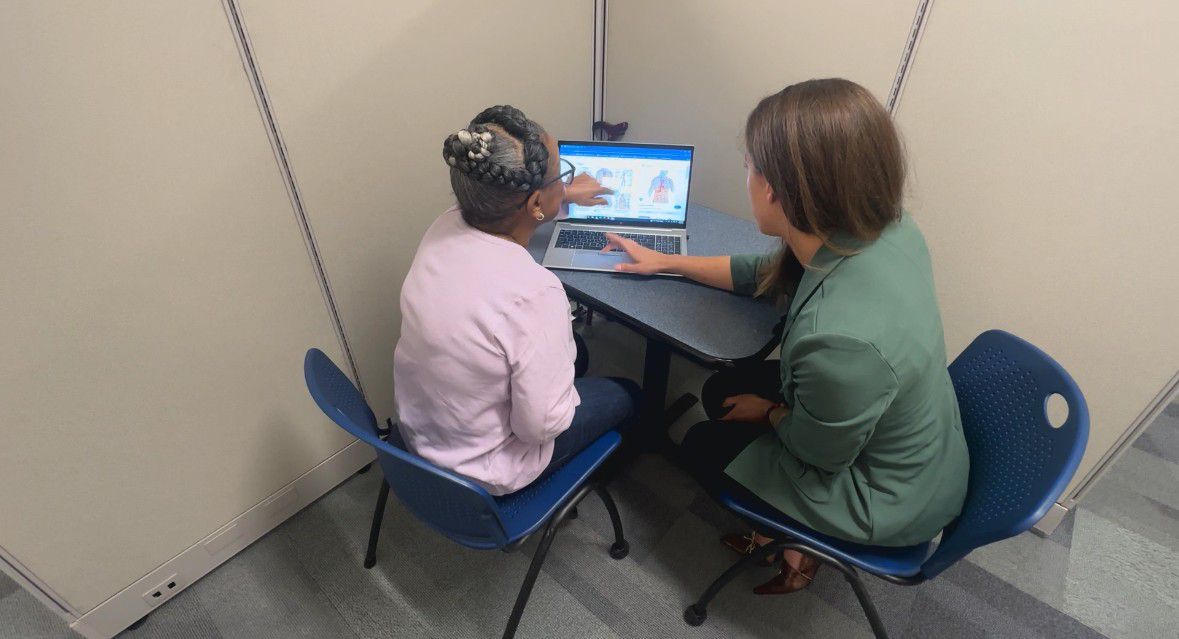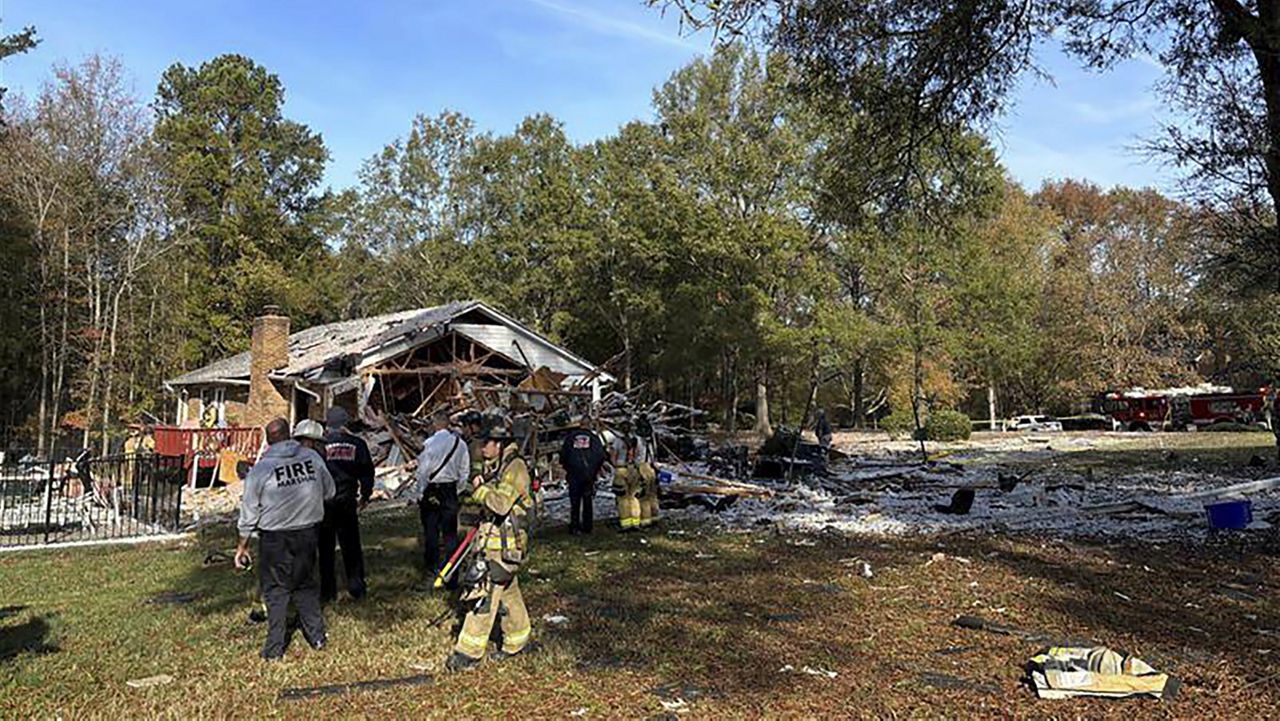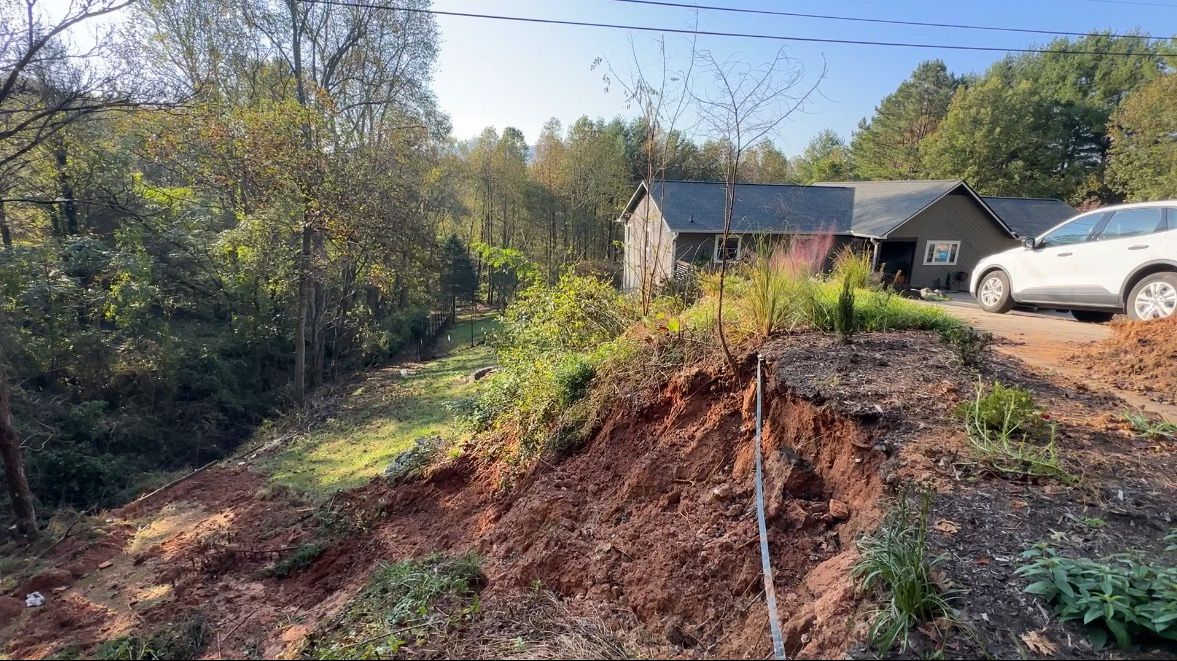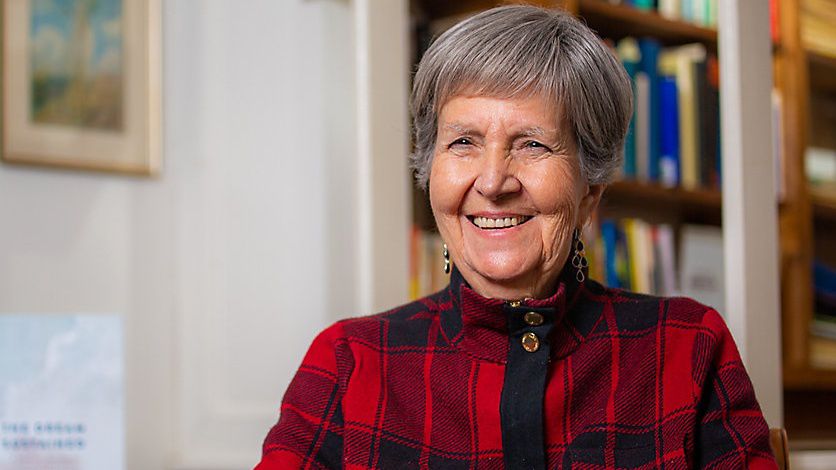UNION COUNTY, N.C. — This summer, the Union County Chamber of Commerce ignited debate when it passed a resolution calling the county’s shrinking wastewater capacity a crisis.
The chamber said the lack of capacity, a claim the county disputes, is grinding new business development to a halt and keeping the county from growing.
Since the resolution, Union County’s elected leaders have clashed over the issue and how serious a problem it is. After the resolution was introduced, Weddington Mayor Craig Horn acknowledged it was a problem he was seeing in his municipality.
“We cannot meet our obligations to provide quality, public service to our residents, we cannot help protect their property values, or their way of life, if we don’t get expanded sewer capacity,” Horn said at the time.
However, a majority of Union County’s commissioners disagreed with the resolution, saying they do have a plan, are following the will of voters and pushed back at municipal leaders.
At the same time, at least one county resident said county commissioners are doing what they were voted in to do, which is get a grip on all the growth.
Jill Jaynes moved to Union County about two decades ago to escape the hustle and bustle of Charlotte.
“It just felt like you were in the country, but still close enough to the city,” Jaynes said about what drew her to Union County.
She was always a fan of the area’s more pastoral setting and the quieter, more farm-based way of life. Jaynes said she considers it to have a better quality of life and better schools.
“The more open spaces, opportunities for a little bit slower pace in life, the beautiful surroundings,” Jaynes added.
But Union County is seeing a lot of big changes. Since 2010, the U.S. Census Bureau estimates the county grew by more than 47,000 people.
Jaynes says the growth is evident, impacting traffic, first responders and potentially the schools.
“Growth is not a bad thing, it becomes a bad thing when the infrastructure hasn’t kept up with it. We’re driving on roads that were built as country roads. They have no shoulder, they’re windy, they’re curvy,” Jaynes said.
The issue is also personal, as Jaynes said her daughter was in a car accident on a road Jaynes said became too crowded.
“I would say everything’s at capacity. I am not a never-growth person, I think growth is important. But I think that you have to maintain and manage the growth that you already have, and do that in a way that protects the reason that people moved to Union County,” Jaynes said.
Those concerns are why she disagrees with the recent Chamber of Commerce resolution calling the county’s lack of wastewater capacity a crisis. Jaynes said municipal leaders are criticizing county commissioners for a problem of their own making.
“Unfortunately, that unfettered development within the municipalities has led to where we’re at now,” Jaynes said. “And now, they’re begging the county and county taxpayers to subsidize more development.”
Over in Weddington, former Mayor Bill Deter said the wastewater issue has become a bigger problem.
“I ended my term six years ago, it wasn’t the issue it is today. But, you know, there’s been unbelievable growth here in Union County, especially western Union County,” Deter said.
Deter said the dwindling wastewater capacity at some of the county’s plants is a problem and can stop growth. But the scale of the problem and how to address it are up for debate.
“In Weddington at least, we have a lot of people who’ve been on septic,” Deter said. “And those septic tanks, septic fields are 30 years old. 35 years old? Eventually, they’re going to fail. And when they fail, those people have got to hook up to sewer. And if there’s no sewer, then you’ve got a huge problem. We tend to focus on growth, but there’s also an impact for our existing residents.”
Additionally, potential solutions require complex planning, Deter says.
“It could involve a new wastewater treatment plant, it could involve expansion of existing wastewater treatment plants,” Deter said.
Those are some of the options county commissioners said they are already considering, which is why Jaynes said it was unfair for the chamber to criticize county leaders for not having a plan. In fact, Jaynes said the majority of commissioners, who disagreed with the chamber’s letter, are doing exactly what they campaigned to do once reaching office.
“Hopefully, [those decisions are] put to the voters in the form of a bond referendum. Let’s let Union County taxpayers, rate payers and voters decide how much they want to subsidize new sewer plants,” Jaynes said.
In recent weeks, Union County highlighted its newly formed water solutions advisory committee, which will meet starting this summer. The committee is made up of 12 county residents who do not currently use public water.
The committee will discuss potential ideas and eventual solutions for the county’s water systems. A county spokesperson said none of the county’s five wastewater facilities are operating at full capacity at this time.










